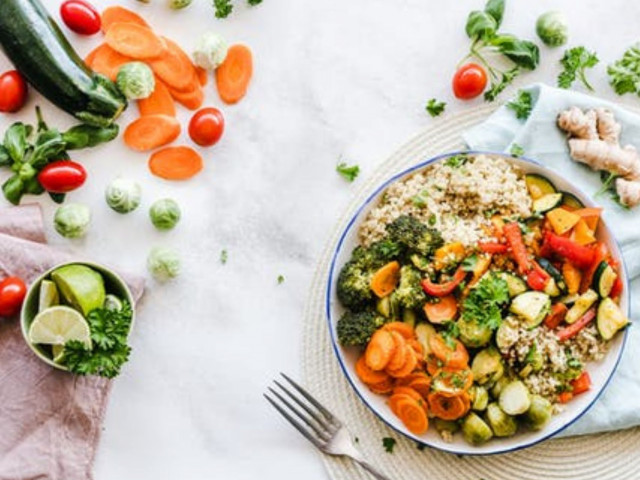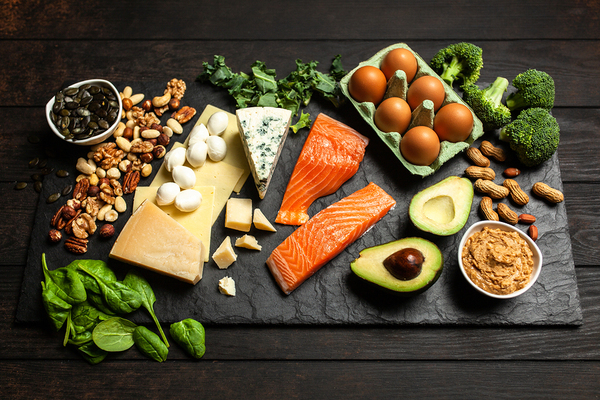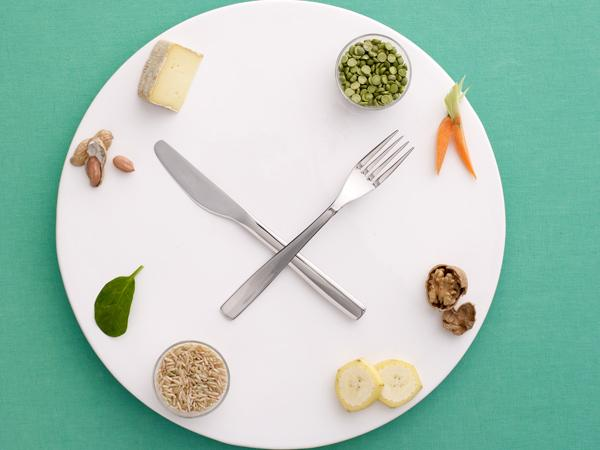
Sitting back and scrolling through social media with concern, reading favourite magazines in hopes to find a hack, or visiting websites for endless information and health plans – most of it is pointless.
Even experienced health specialists, including doctors and dietitians are at fault for spreading fabricated stories about nutrition to the public, adding to the confusion even further.
As compiled from Healthline, here are five major myths associated with nutrition that people believe and why they need to be put to be busted.
1. High-fat concentrated food is unhealthy

To this date, desis fear high-fat foods. This comes along with consuming low-fat diets in hopes to cut fat intake, thinking it would maintain health when in reality, it’s the complete opposite. Dietary fat is considered to be essential for optimal health. A low-fat diet is linked with a greater risk of health issues including metabolic syndromes, increased insulin levels and heart diseases.
2. Breakfast is the most important meal of the day

For generations, we’ve been told that we must eat something in the morning or suffer. But apparently, breakfast is not the most important meal of the day. Research about meal plans and the importance of breakfast, lunch and dinner states that intermittent fasting where breakfast is either skipped or consumed later in the evening is rather very beneficial for the body as it improves blood sugar and reduces inflammation.
3. Eat small, frequent meals for optimal health

How many times have we not heard from models around the globe that eating less and frequent meals is the key to a ‘well-balanced’ diet? Lies! If you are healthy, the frequency of meals per day does not matter as long as you’re consuming enough calories and meet your energy level. Some medical conditions that come along with this myth include diabetes, coronary artery diseases and irritable bowel syndrome (IBS).
4. Non-nutritive sweeteners are healthy

As JLO once shared, low calorie, low carb, sugar-free food helped her maintain her physique but led to the consumption of products containing non-nutritive sweeteners. You may cut sugar intake but artificial means can significantly ruin your health too. Non-nutritive sweeteners tend to increase the risk of Type 2 diabetes that leads to a destructive change in gut bacteria and blood sugar deregulation.
5. Carbs make you gain weight

Fat in any form has been connected with bad health, weight gain, heart disease and possibly any Many people think consuming carbs could cause obesity, diabetes and other common health conditions. While this myth continues to spread, studies suggest the opposite. In reality, eating a moderate amount of carbs high in fiber, vitamins and minerals will actually do you good.


















COMMENTS
Comments are moderated and generally will be posted if they are on-topic and not abusive.
For more information, please see our Comments FAQ